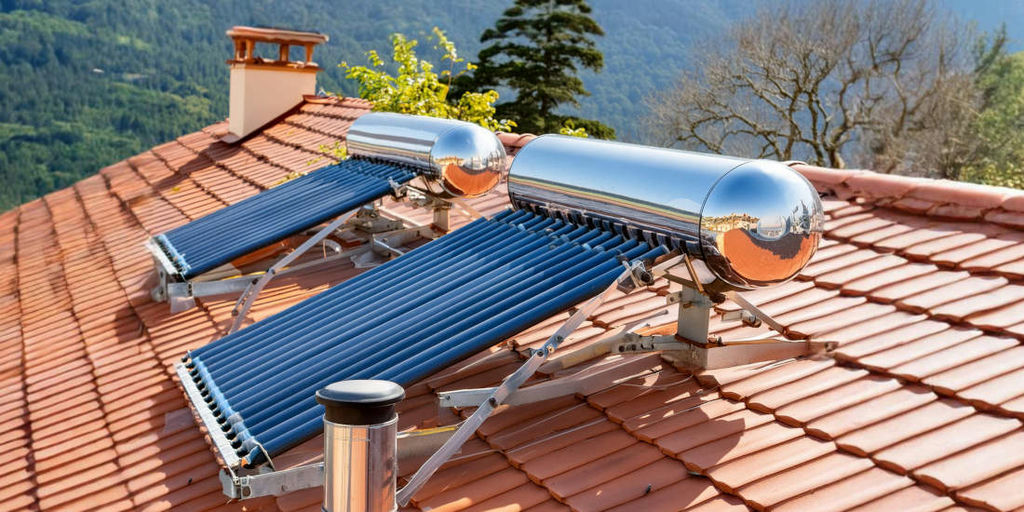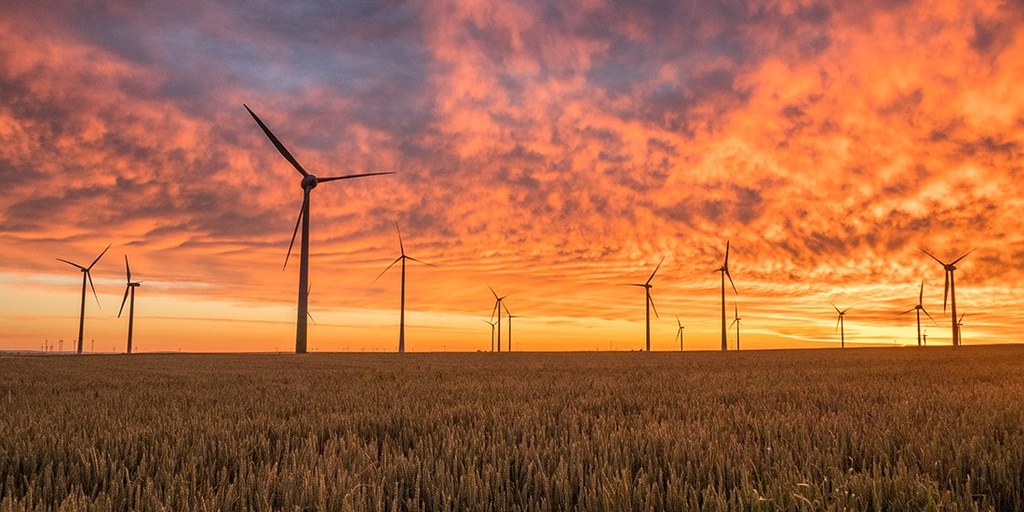Upgrade to solar water heater
- Earth Points
- 45
- Ease
- Ambitious

Description
Water heating is a major energy user. As we use hot water for our showers, laundry and washing dishes, collectively, we are consuming a quarter of our residential energy worldwide.
By changing to a solar water heating system you shift that energy to a clean renewable source and reduce the burden on the electrical grid, which often is powered in part by polluting sources of energy.
This action takes some upfront investment and depends on home ownership or a very good landlord relationship. But in the long run, it will end up saving you energy by using the ever-present power of the sun.
Tips
• Replacing your water heater is a particularly good action to take if it is near the end of its life, which is generally 10–15 years.
• There are many different solar water-heating systems to consider. Your local climate will generally determine which system you should use. Having an integrated solar water heater with an electric backup system is generally advisable.
• Talk to friends in your community who have already replaced their water heater, find out all the pros and cons, and get recommendations for local contractors.
• Are you an early adopter in your community? No worries, you can do it and lead the way for others!
• Search online for or check the directory of local green building or accredited energy-efficient contractors.
• It is generally good to talk with two or three contractors to get a good sense of options and prices.
• Especially if you are building a new house or need to do a major renovation, request a quote for drain water heat recovery technology. Typically, 80–90 percent of the energy used to heat water in the home goes down the drain. Heat exchangers capture some of the heat in drain water, allowing it to be reused by incoming water.
• Make sure the contractor includes in the proposal: (i) independently certified energy-efficient products, with the high ratings; (ii) installation of the equipment and insulation if needed; (iii) proper disposal of the old unit.
• When evaluating bids, also look at what you get for the price: quality, energy savings, and warranty.
• After your switch out your appliance, if you were using natural gas, have the gas pipes removed as well. This makes your house safer and ensures that potential future owners will not undo your carbon reduction work.
• It is possible that it is not economically attractive to install the system depending on where you live. Feasibility depends on many variables such as where you live, if the area has adequate solar exposure year-round, and how many people live in your house.
• If solar is not feasible, consider installing a high efficiency electric water heater instead.

